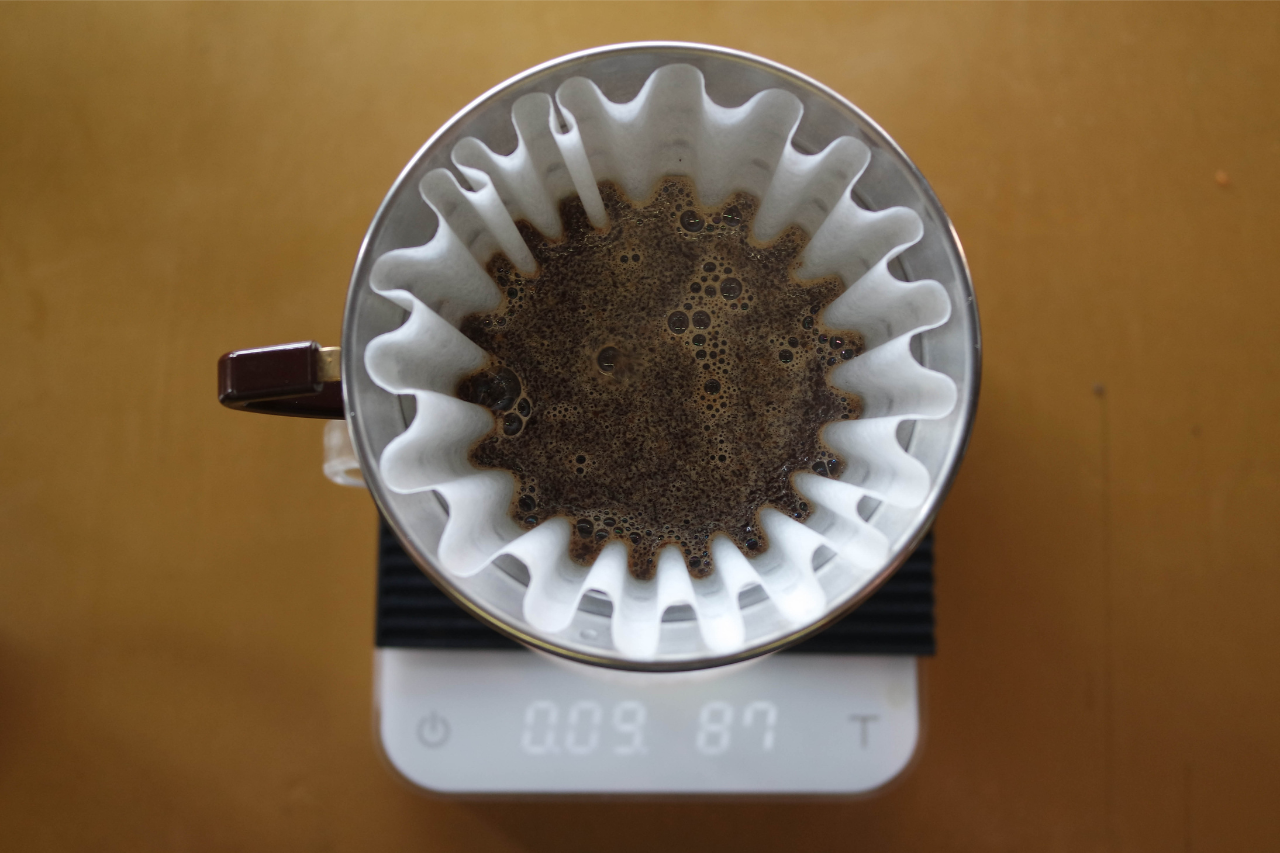
High-Protein: 5 Benefits of Protein on your Body

Share:
Are you eating enough protein? While it’s rare for people to suffer from an actual protein deficiency, many people don’t get enough of the nutrient to maximize its benefits and keep their health optimal. Getting the right amount of protein has many benefits, including:
- Building and maintaining muscle mass
- Increasing satiety
- Improvements to skin, hair, and connective tissue
- Improved mood and cognition
- Increased thermogenesis
Benefits of Protein and Muscle Mass
The necessity of protein for building muscle mass is well known. Not only is muscle primarily made out of protein and water, but protein consumption is the actual signal that your body uses to decide the rate at which it allows muscle growth to occur. This means that if you want to optimize muscle development and repair during a resistance exercise program–or for general health–the amount of protein you need to consume is much higher than the amount needed to keep yourself healthy in other situations.
Consuming 20-30 grams of protein several times a day is imperative to maximize muscle protein synthesis. Most of this protein will just end up burnt for energy, as muscle gains occur slowly over time and only 20% of the weight of that new muscle is actual protein. However, the amount of protein and its frequency of consumption is required to stimulate that growth to occur in the first place.
Like in other situations, your body wants to maintain stability as much as possible. It doesn’t want to spend precious resources unless it knows it can afford to, and this is likely why it evolved to manage muscle protein synthesis in this way. A generous and constant supply of protein throughout the day signals to your body that it can afford to spend more of that protein on muscle growth.
Protein for Weight Loss
Another great benefit of protein is increased satiety–the feeling of fullness after eating. Protein consumption helps to regulate hormones involved in the perception of hunger in a way that you feel fuller after eating meals that are high in protein. This is a really helpful characteristic of the nutrient if you struggle with overeating or happen to be dieting, as it makes it easier to eat less without feeling the effects of hunger.
Human appetite is complicated and is controlled by more than just your daily protein needs, however. While eating more protein is a very good way to improve your calorie control and satisfaction after a meal, it’s also not infallible. Protein consumption should still be considered as only one part of a broader strategy instead of as a silver bullet for hunger and weight loss.
Protein Effect on the Body: Skin, Hair

What do your skin, hair, tendons, muscles, and even bones have in common? They all contain protein, either as the major component or as a part of the whole structure. Protein isn’t just for building healthy muscle, and most of your body’s tissue uses it to some extent and in some form.
Because of it being ubiquitous throughout your body, the effects of not getting enough protein can also be widespread. Your skin is primarily made from proteins like collagen and elastin, and can start to look dull and aged if your dietary consumption doesn’t match your needs. Likewise, bone and connective tissues can be weakened because protein is necessary for these structures too.
Luckily, the structure of your body is a priority for protein use and you need to be quite deficient before it can cause you significant problems. Getting enough protein does lead to an improved complexion, stronger hair, stronger fingernails, and improved wound healing, though, so it’s always a good idea to try to get enough of the nutrient rather than settling for less. Only a small amount of protein is necessary for daily skin renewal, for example, but you need much more if you want to actually optimize it for a glowing complexion.
Protein Function
Another important role that protein has is in the production of neurotransmitters and other kinds of hormones that your body needs to function properly. The major neurotransmitters like dopamine, serotonin, and epinephrine are intricately linked to mood, cognition, alertness, and even movement. They are also all derived from an amino acid called tyrosine.
Amino acids are the building blocks of protein. When you ingest a source of protein, your digestive system breaks it down into individual amino acids like tyrosine, which go on to be reformed into new proteins or used individually as needed. Without adequate protein, you may see your mood and attention span begin to suffer, because neurotransmitter production can be affected by the deficit.
If you happen to deal with a lot of stress and anxiety, or frequently don’t get enough sleep and have a bit of a coffee habit, it is even more likely that you’ll need extra protein to compensate for the effect those things have on your brain. Of course, getting enough protein doesn’t replace actual strategies to minimize stress, sleep more, and eat healthily. It’s part of a broader method to improve your health.
Protein Thermogenesis Effect
Lastly, protein has a small but significant thermogenic effect. Thermogenesis is the production of heat from your body when energy is burnt. This is both a byproduct of calorie expenditure, and an intended phenomenon as some amount of thermogenesis is necessary for your body to function. Without it, you would find it very difficult if not impossible to maintain your body temperature in cold environments.
Protein has been shown to increase thermogenesis as a result of its ability to ramp up your metabolism slightly. While this effect shouldn’t be relied on as a magical method of weight loss, it does have its place in a healthy weight loss diet. Getting a larger proportion of your daily calorie requirements from protein produces an increase in fat loss compared to diets containing the same calories from a different breakdown of protein, fats, and carbohydrates.
The increase in fat loss from a high protein diet is a great benefit during dieting, as that combined with the satiating effect can help to keep your diet shorter and reduce the stress on your mind and body. More importantly, however, is that a high protein diet is muscle-sparing. Calorie deficits increase the breakdown of muscle protein as a source of glucose to fuel the body. High intakes of protein can cancel out most of this effect, allowing you to preserve more muscle by the end of your diet.
Muscle itself burns calories at rest and is necessary to maintain an athletic, strong, and functional body. Preserving it during weight loss is crucial to keeping your body healthier during and following a diet.
How Much Protein Do You Need
Protein has a myriad of benefits, but you can only gain all these benefits if you consume enough. But how much protein is actually enough? For general health, and as a bare minimum, you should be consuming at least the daily recommended intake (DRI) of 0.36 grams per pound of body weight if you are sedentary.
If you’re highly active either because of work, recreation, or planned exercise, however, this amount isn’t usually enough for general health, and you may even need to double your protein consumption to aid muscle repair and other processes. This still isn’t the amount that is actually optimal for muscle gains and other benefits though.
If you’re trying to gain muscle or lose fat and you’re exercising accordingly for either goal, you should consume between 0.45-1 gram of protein per pound of body weight divided between multiple meals, snacks, or protein supplements each day. You must steadily consume your daily protein rather than taking it all in at once, as your body can’t use huge amounts of protein all at once and doesn’t have the means to store it for prolonged periods either.
Now that you understand how much protein you need and the amazing benefits it can give you, don’t stop there though. Your health and fitness are the combined product of many different things and while protein is an important part of the equation you can improve your health even further by optimizing other areas of your nutrition and fitness too. Each step you take makes you a better version of yourself.
Most Popular


What is Coffee Bloom and why does it happen?

20 Best Books Made Into Movies And TV Shows

Money Matters: 19 Best Personal Finance Books
Subscribe To Our Weekly Newsletter
Categories
Related Posts

Cute Girly College Ruled Composition Notebooks
Share: In a world dominated by digital tools and apps, the humble college-ruled composition notebook remains a steadfast ally in the quest for productivity. This timeless tool offers unparalleled benefits,

What is Coffee Bloom and why does it happen?
Share: When coffee is ground, the natural oils and aromatics are released. When these coffee grounds are combined with hot water, they create a “bloom” or foamy layer on top

20 Best Books Made Into Movies And TV Shows
Share: Nothing beats a great book-to-movie adaptation. Whether you’re a bookworm who loves to see their favorites brought to life on the silver screen, or a film buff looking for

Money Matters: 19 Best Personal Finance Books
Share: Financial planning is a key element of financial success. It can help you secure your financial future and meet any financial goals you may have. Whether you’re looking to
